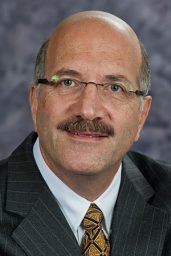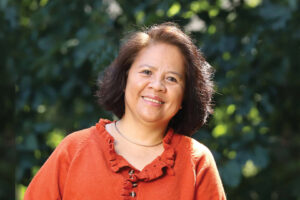As a result of increasing numbers of people age 50+ choosing to undergo screenings for colorectal cancer — the standard screening age — incidences have been slowly decreasing every year since the 1980s. However, diagnoses for people under 50 have been increasing and are often diagnosed when the disease has advanced to later stages. Colon cancer is the third most common cause of cancer death in the U.S. More than 140,000 people will be diagnosed this year and 50,000 will die from it. The death rate remains high mainly because it is often asymptomatic which gives cancer cells time to grow and spread to other parts of the body. Nonetheless, when discovered early, colorectal cancer can be highly curable.
The reason for the increase in people younger than 50 is unclear
Due to the fact that colorectal cancer predominantly targets older men and women, it’s not a screening that is recommended for most people under age 50 unless they present symptoms or have a family history of the disease. Due to the asymptomatic nature of the disease in the majority of cases, younger patients are often diagnosed later. Symptoms can also be misdiagnosed as other acute conditions. The other suspected factor is poor diet which can often go hand-in-hand with a sedentary lifestyle. The fact is, that while everyone touts the importance of eating well and exercising, a significant portion of our population, young and old, are still not doing it. In fact, colon and rectal cancers are one of the more common cancer types suffered by people who are obese.
Younger patient risk factors
The medical community is not recommending that everyone under age 50 needs to have colonoscopies. But those who have elevated risk factors should certainly have an in-depth discussion with their doctors about what practical steps to take to determine if the colon or rectum contains pre-cancerous polyps. These risk factors include:
- Diagnosed or family history of colon /rectal polyps or colorectal cancer
- Inflammatory bowel disease (IBD)
- Negative lifestyle issues: smoking, obesity, poor diet, excessive alcohol use
- Type 2 diabetes
- African Americans and Jews of Eastern European descent (Ashkenazi Jews)
Call your doctor if you experience these symptoms
Regardless of age, if symptoms are present, they may include: changes in bowel habits; rectal bleeding; ongoing abdominal discomfort, nausea or vomiting; or unexplained weight loss. As with anything in your body that changes and doesn’t feel right, don’t wait for it to go away. See your doctor sooner rather than later. Get it checked out.
Community-based cancer prevention and treatment
The Colon and Rectal Cancer Program at The Statesir Cancer Center offers the latest preventative, diagnostic and treatment services, including the da Vinci® Fluorescence Imaging Vision System (Firefly™), an advanced robotic surgical technology. The program team is led by doctors and clinicians who specialize in colon and rectal cancer. To learn more, call (855) 411-CANCER.
 Thomas Kayal, MD is a board-certified colorectal surgeon specializing in robotic surgical procedures. He is on staff at CentraState Medical Center and may be reached at Advanced Surgical Health Associates by calling 732-308-4202.
Thomas Kayal, MD is a board-certified colorectal surgeon specializing in robotic surgical procedures. He is on staff at CentraState Medical Center and may be reached at Advanced Surgical Health Associates by calling 732-308-4202.






